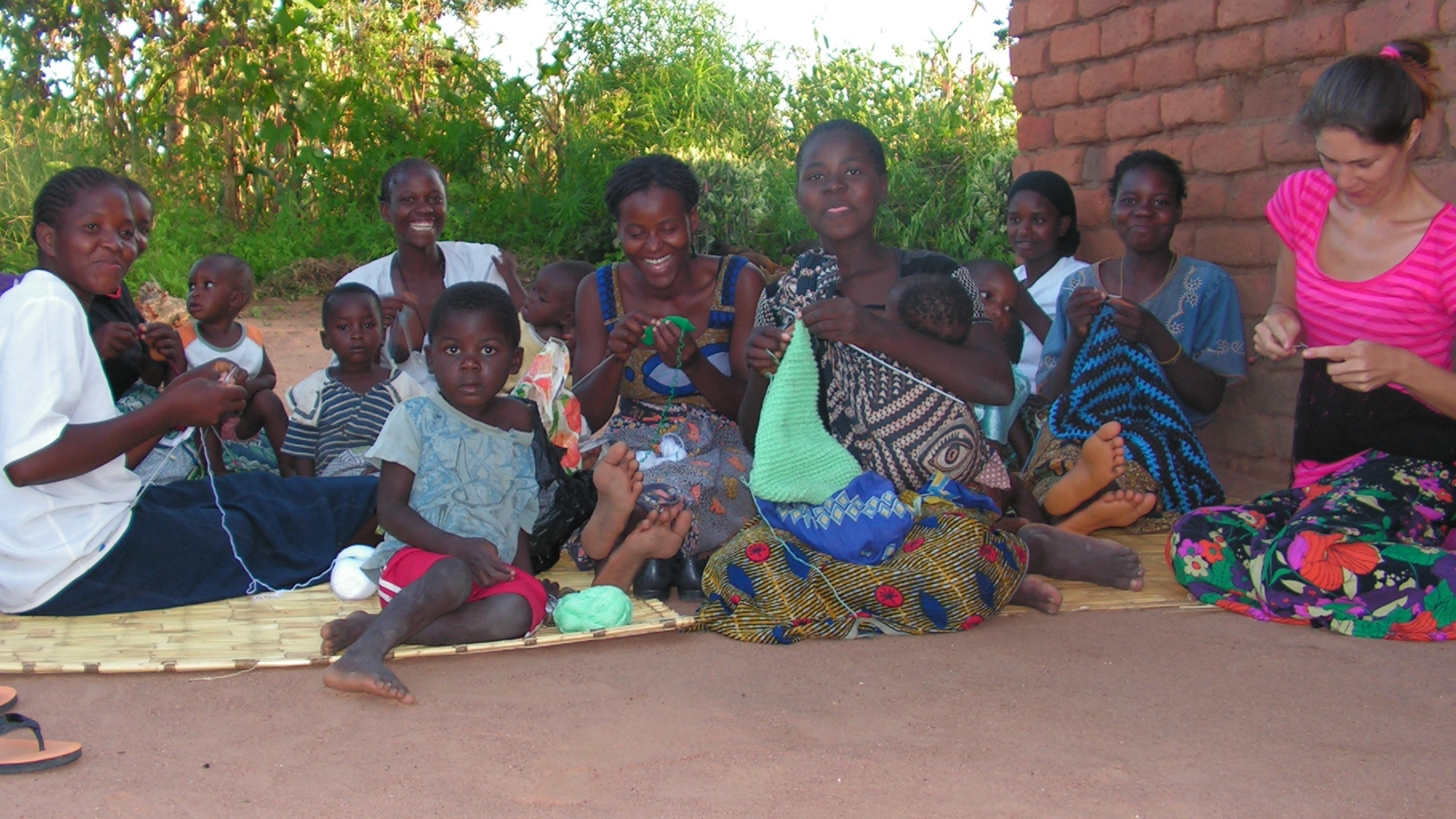
18 Dec First-hand experience in Malawian village inspires paper, future research
In rural Malawi, money is constantly circulating. As soon as villagers get money in their hands, they quickly spend it, despite their extreme poverty.
In her recently published ethnographic paper, Managing Meagre Means and Reciprocal Reputations: Women’s Everyday Survival Tactics in a Malawian Village, dr. Janneke Verheijen, AIGHD Postdoctoral fellow, assesses what drives the behavior of these extremely poor women, providing insight into how they prioritize investments in informal safety nets.
Janneke spent a year in a remote Malawi village where both the poverty and HIV indicators are high. She wanted to assess the widespread assumption that HIV continues to spread in eastern and southern Africa, and particularly among women because they are (often regarded as) socially and economically inferior to their male partners and so unable to negotiate sexual behavior changes.
The situation “on the ground” proved very different. The sexual risks that women exposed themselves to were more profound than can be gathered from mainstream survey statistics. The dynamics underlying this, however, proved to be less straightforward related to the presumed financial dependence on men. In fact, in this particular community – like many others in the so-called ‘matrilineal belt’, which runs from the Angolan to Mozambican coast – it was the women who owned the fields and houses.
The women in the study were asked to keep a financial diary to document money and material exchange among their network. Tracking how money – and other valued items like food and soap – were pushed and pulled around through the extremely poor community offered profound insights into women’s everyday survival tactics.
“These women’s lives are very fragile because they have such minimal resources. They prioritize fostering social networks through paying debts or loaning items or money to their neighbors in order to maintain the social security network,” said Janneke, who has a PhD in anthropology.
“Understanding both the importance of being included in such networks and the risks of being excluded helps to grasp behaviors, e.g. HIV-risk taking, that may be difficult to explain from other vantage points.”
In the future, Janneke hopes to investigate extremely poor men’s vulnerability and survival tactics, a topic that she says has received little scholarly attention yet may be of great importance to understanding many of these men’s reluctance to get HIV tested and treated.
Read the full paper here.
Photo caption: Some of Mudzi’s village women join Janneke in her knitting and crocheting lessons from research assistant Gertrude (middle, feet facing camera). The many afternoons spent chatting, gossiping and joking like this proved of invaluable worth to gaining insights into the social world of these women.
